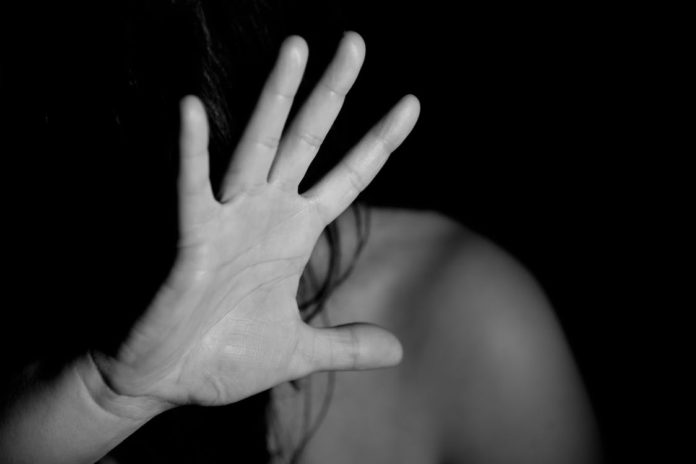Exposure to violence is associated with long-term physiologic and brain changes that impact behavior and long-term health. In adolescence, this can manifest as a higher risk for school failure, drug abuse, delinquency, and an increase in violent behavior.
In a new study by Yale University, psychologists reported that exposure to violence does change the ability to learn who is likely to do harm, but it does damage the ability to place trust in good people.
Yale psychologist Arielle Baskin-Sommers, co-senior author of the paper, said, “We know exposure to violence is related to negative life outcomes, from increased health and mental health problems to greater engagement in violent behavior, but there is very little research on understanding the underlying cognitive processes that might be affected by this life experience.”
Scientists evaluated 119 males incarcerated in Connecticut prisons, some of whom scored high on exposure to violence. Participants learned about two strangers who faced a moral dilemma: whether to inflict painful electric shocks on another person in exchange for money. While the “good” stranger mostly refused to shock another person for money, the “bad” stranger tended to maximize their profits despite the painful consequences. The participants were asked to predict the strangers’ choices and later had to decide how much trust to place in the good versus the bad stranger.
Scientists found that participants with higher exposure to violence effectively learned that the good stranger made fewer harmful choices than the bad stranger. However, when deciding whom to trust, they trusted the good stranger less than participants who had lower exposure to violence.
This study highlights the fact that exposure to violence indeed disrupts the ability to place trust in the ‘right’ person. And that disruption may lead to a greater number of disciplinary infractions within the prison setting.
Co-senior author Molly Crockett said, “The findings suggest that exposure to violence changes the way people use the information they’ve learned to make healthy social decisions.”
“Social flourishing depends on learning which is likely to be helpful vs. harmful and then using that information to decide who to befriend versus avoiding. Our research suggests exposure to violence impairs this crucial aspect of social functioning.”
Baskin-Sommers added, “The combination of exposure to violence and this specific cognitive disruption may leave certain individuals vulnerable to continually developing problematic social connections that limit their chances for psychosocial and economic stability.”
The study was done in collaboration with the University of Oxford and reported on April 26 in the journal Nature Communications.
